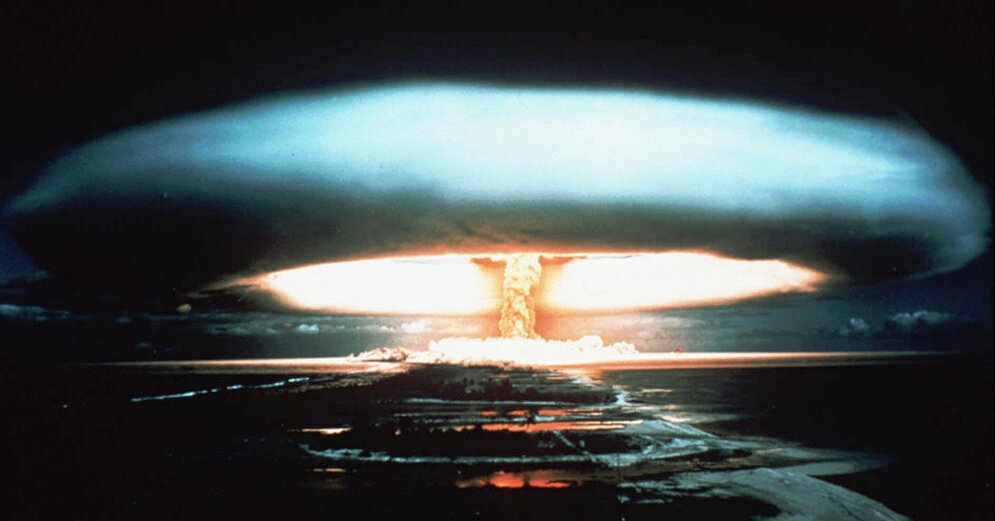Not only dairy farmers, but also pig farmers, arable crops and poultry farmers will suffer the consequences of the ban on spreading animal manure on land. Agriculture Minister Piet Adema writes it to the House of Representatives. The exact size is still unknown.
From 2026 there will be a total ban on the so-called derogation, which will be introduced gradually. Milk producers are the hardest hit. They must switch to the use of fertilizers, the use of which in Dutch agriculture “will increase significantly”, writes the minister.
Dairy farmers also need to get rid of their animal manure elsewhere. They will also observe the farmers, who still often use pig manure. “Perhaps this will surpass the pig farm manure on the manure market, which will increase the costs for pig farmers.”
Tighter manure regulations will increase pressure on the manure market, which could also cause “negative financial consequences” for poultry farmers. Arable farmers will also feel the consequences in their wallets.
The standards depend on the water quality per area
“This effect will strongly depend on the area. The impact of this cannot be accurately and completely estimated in this short term, not least because some of the conditions of the waiver decision have yet to be elaborated in more detail,” says Adema.
For “polluted areas”, where the water quality is not good, a stricter standard applies this year than for non-polluted areas. In these latter areas, a standard of 250 kilos of nitrates per hectare applies this year. In 2026 it can be only 170 kilos per hectare. Over the next two years, the standard in the Netherlands will be lowered in 10-kilo increments in both cases and in 2025 and 2026 in larger increments of 20 or 30 kilos.
For years, Dutch farmers have been allowed to spread more animal manure on their land than their colleagues in other EU countries, as long as this does not adversely affect water quality. The European Commission has recently abolished this rule of exception for our country, because in many places in the Netherlands the water quality is poor. This is offset by a fee of 130 million euros.


